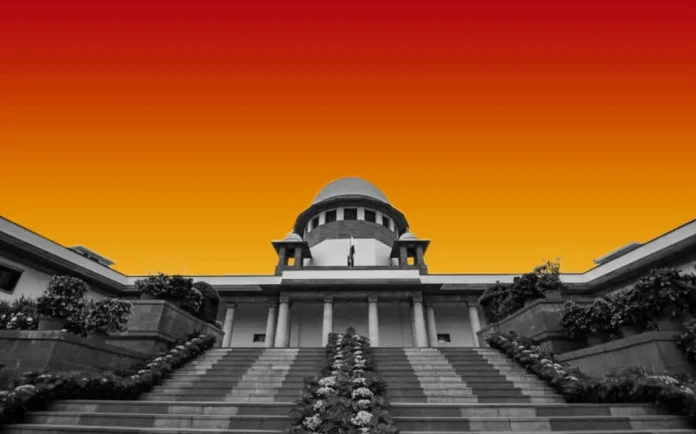The Central Government has cleared the elevation of Chief Justice Alok Aradhe of the Bombay High Court and Chief Justice Vipul M. Pancholi of the Patna High Court as judges of the Supreme Court of India. With this decision, the apex court will now function at its full sanctioned strength of 34 judges, filling two existing vacancies. Law Minister Arjun Meghwal confirmed the development on social media soon after the approval.
The recommendations for elevation were made on August 25 by the Supreme Court Collegium led by Chief Justice B. R. Gavai, along with Justices Surya Kant, Vikram Nath, J. K. Maheshwari, and B. V. Nagarathna. The proposal, however, was not unanimous, as Justice Nagarathna strongly objected to the inclusion of Justice Vipul Pancholi on grounds of seniority and merit. Despite her dissent, the majority recommendation was accepted and forwarded to the government for approval.
Justice Aradhe began his judicial career in 2009 as a judge of the Madhya Pradesh High Court and later served in Jammu & Kashmir and Karnataka before assuming charge as Chief Justice of Telangana in 2023. In January 2025, he was appointed Chief Justice of the Bombay High Court. Justice Pancholi, who started his legal practice in 1991, was elevated to the Gujarat High Court bench in 2014 and became a permanent judge in 2016. He was transferred to the Patna High Court in 2023 and took charge as its Chief Justice in July 2025. With a long tenure ahead, Justice Pancholi is also in line to become Chief Justice of India in October 2031, a position he is expected to hold for over a year.
Justice Nagarathna, the only woman on the Collegium and a future Chief Justice herself, raised serious concerns about the decision, pointing out that Justice Pancholi ranks 57th in seniority among judges across the country and that many more experienced candidates were overlooked. She warned that the move could undermine the principle of fairness and transparency in judicial appointments. Her dissent also highlighted regional imbalance, noting that Gujarat would now have three sitting judges in the Supreme Court, leaving other states underrepresented. Civil society groups have also flagged the lack of clarity in the Collegium’s resolution and the absence of the dissent note in the public domain.
The government despite these objections,moved swiftly to clear the appointments, and the warrants are expected to be issued shortly after presidential assent. The decision reflects the urgency to maintain full strength at the Supreme Court amid rising caseloads, even as debates on transparency and the selection process continue within the judicial system.


